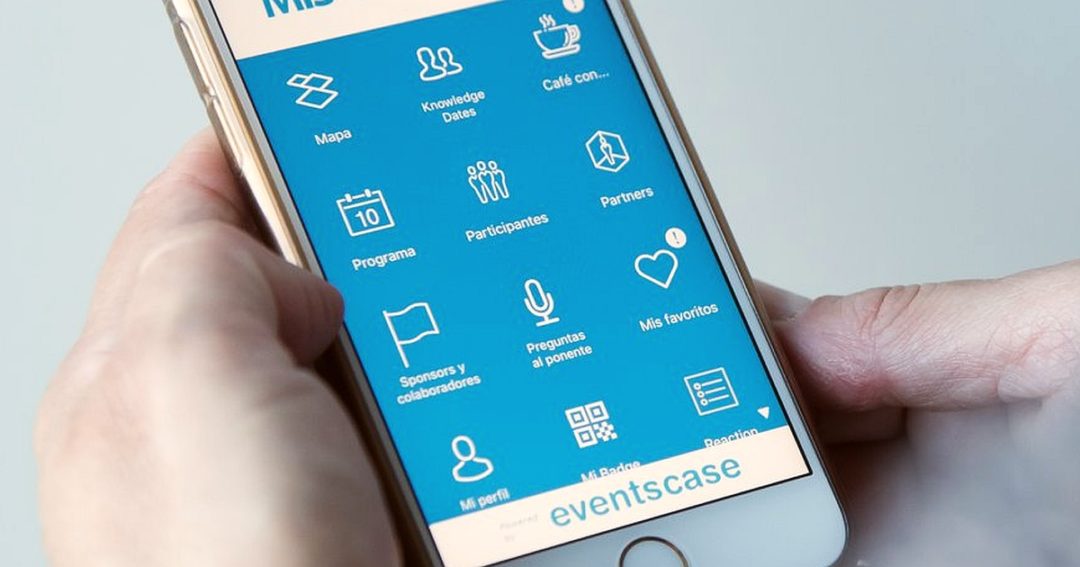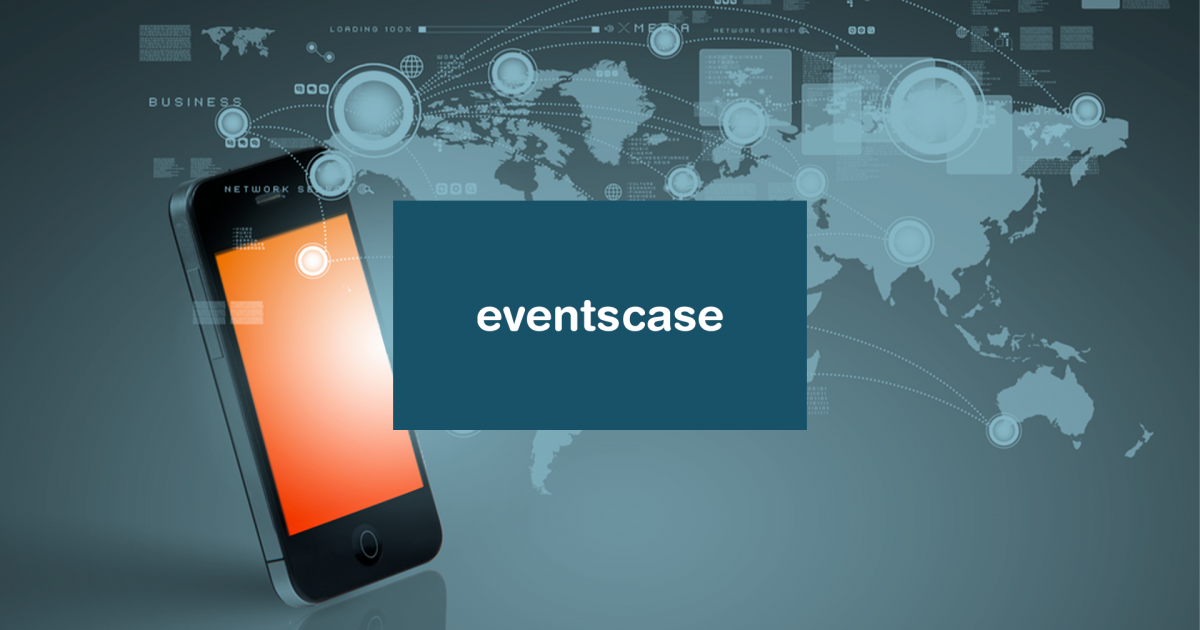Finding a mobile app for your conference could be the hurdle you were least expecting. The market is packed with hundreds of potential options, each offering something a little different.
Some apps are expensive and well-equipped, but you’ll need a degree in computer science to manage them. Cheap options are always available, but can you really afford to let poor technology wreak havoc on your big day?
Don’t get sold something that doesn’t match your requirements – let us take you through some of the big things to look out for.
Choosing the right app for your conference
Conference apps are like any other technology investment in the sense that it pays to strike a balance between price and functionality. This creates an obvious question: “How do I know what features I need?” Our advice would be to focus on the user and how you can add value to their experience.
If I’m organising a three-day conference with keynotes from industry leaders, I should use the app to provide information on each session and speaker. If networking is a big reason for people to attend my conference, I’ll need something that makes it easier for them to build new connections.
Technology providers will look to sell you in on their vision, but what you really want is something that suits yours. Focus on the user, and you won’t go far wrong.
The features worth having
As a disclaimer, there is such a thing as a bad conference app. What you have to remember is that most of the ‘bad’ elements will come from things like reliability, user experience and set-up times, rather than features.
Networking, for example, will be demanded by some organisers and redundant to others. It’s not a bad feature, but it will be unsuitable for certain types of conferences.
The best course of action is to think about the audience and what they’d need from your platform. Some of your possible features include:
- Personalised agenda: Don’t just give your attendees a timetable of sessions – let them build their own. Bookmarking tools will help them pick out the best options and create their very own calendar of appointments.
- Contact: If an attendee has an issue or a question to raise, it makes sense to channel it through your app. A simple contact button will centralise your attendee communications and make it easier for people to get in touch.
- Networking: When you think of a good networking feature, you should picture a scaled-down social network, where attendees can browse each other’s profiles, chat and request to book meetings.
- Gamification: Lots of conference apps now have games which encourage attendees to explore the venue, much like Pokemon Go. Many of these will also aim to drive footfall to their sponsors’ stands, creating a handy commercial tie-in.
- Push notifications: Need a way of sending a message to potentially thousands of attendees all at once? Push notifications can advertise key sessions and sponsors to your entire app user base.
- Surveys: Don’t put all your faith in email to gauge the opinion of attendees. Give yourself a better chance of securing post-event feedback by including a survey within your app.

The big questions
Once you’ve decided on the features to serve your attendees, you can start to focus more on the type that you – the organiser – might need.
Websites give you a fairly impaired version of what you can expect from your platform, with most of the content focusing on what something can do, rather than what it can’t. Here are 10 questions that will really cut through the noise:
- How easy is it to create an app?
- Can I store an app for future use?
- How long does the app take to build?
- Does the app work offline? (I.e. Is it web-based or native?)
- Is the app built through a whitelabel platform?
- What are your security measures?
- Do I have a way of collecting data from user activity?
- How does the app integrate with my other tools (e.g. registration, check-in)?
- Is the app available in multiple languages?
- What customer support can I expect?
All of these very simple questions will give you a much clearer picture of the type of app you’re investing in, and how good it really is.
Pricing for conference apps
So, you’ve selected your features and developed a rough idea of the type of app you’re looking for. The biggest obstacle is likely to be your biggest requirement: a strong price point.
Technology providers tend to split their costs in three different ways, which are:
1. Subscription
Paying for your app through a recurring fee may provide value if you’re hosting multiple events throughout the year. However, given this is usually an option for cheaper and less reliable platforms, you should definitely check whether your app can answer the demands of a conference.
2. Pick and pay
Need an app with networking, an agenda and nothing else? Find a provider that enables you to select the features you need on an event-by-event basis. Not only does this keep your costs down, it also reduces the temptation to clutter your user experience with needless tools.
3. Event-by-event
The third option is to pay a fixed price for an app whenever you need one. The nature of this arrangement means you could get value with bigger events, but it might be hard to justify the cost with smaller audiences and tighter budgets.

Final thoughts
We hope the above will put you in a better place when it comes to finding your dream app.
Remember, it’s not all about choosing something that gives you the most amount of features at the lowest cost. A strong user experience is worth more than any gimmicks you can pack into your platform. Listen to your audience, as they will lead you to the best option.
Have an app but need a sponsor? Read our blog on approaching people to fund your event.

